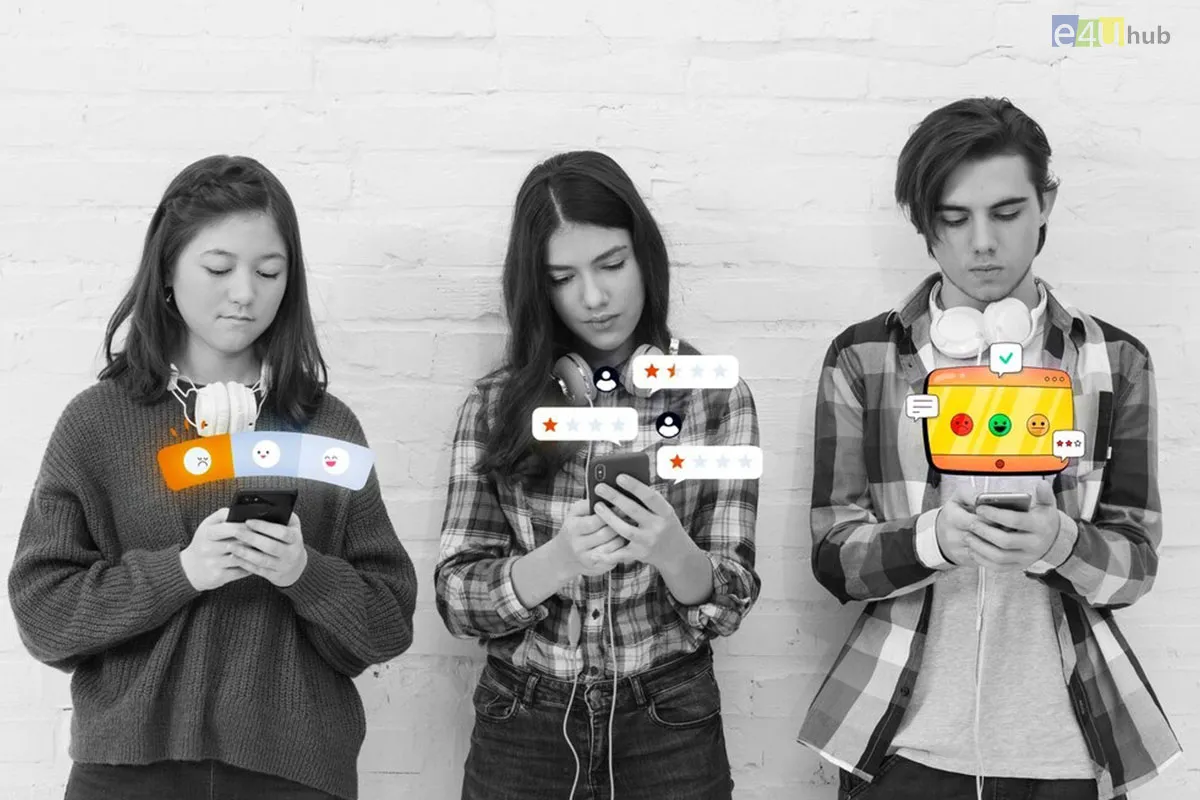
Exploring The Impact Of Social Media On Entertainment Consumption
- 03 Feb, 2024
- Entertainment
- 1764 Views
- 0 Comments
In the age of digital connectivity, social media has become an integral part of our daily lives, profoundly influencing how we consume and engage with entertainment. The seamless integration of social platforms into our entertainment habits has not only transformed the way content is delivered but has also significantly shaped our perceptions, preferences, and interactions. In this blog post, we'll delve into the dynamic relationship between social media and entertainment consumption, examining the profound impact it has on our viewing habits and the entertainment industry as a whole.
1. Instantaneous Access to Content:
Social media platforms have redefined the speed at which information travels. With a simple click or tap, users can share, recommend, and discover new entertainment content. This immediacy has fueled a culture of instant access, allowing users to stay abreast of the latest movies, TV shows, music, and more.
2. The Rise of Influencer Culture:
Social media influencers play a pivotal role in shaping entertainment trends. Whether it's a movie review on YouTube, a series recommendation on Instagram, or a playlist on TikTok, influencers have become tastemakers who wield considerable influence over their followers' entertainment choices.
3. Real-Time Audience Engagement:
Social media facilitates direct communication between content creators and consumers. Viewers can express their opinions, share reactions, and engage in discussions in real time. This immediate feedback loop not only enhances the viewing experience but also provides valuable insights for creators and producers.
4. Personalized Recommendations and Discovery:
Algorithms on social media platforms analyze user behavior to offer personalized content recommendations. From streaming platforms suggesting tailored playlists to friends sharing their favorite shows, social media algorithms provide a more personalized and curated entertainment experience.
5. Cultural Phenomena and Memes:
Social media has the power to turn entertainment moments into cultural phenomena. Memes, hashtags, and viral challenges often originate from popular TV shows, movies, or music, creating a shared cultural experience that transcends traditional boundaries.
6. Audience Participation in Content Creation:
Platforms like YouTube and TikTok empower users to become content creators themselves. The democratization of content creation allows for diverse voices and perspectives, fostering a sense of community among creators and viewers alike.
7. Impact on Box Office Success:
The influence of social media is particularly evident in the film industry, where pre-release buzz and post-release discussions on platforms like Twitter can significantly impact a movie's box office success. Social media is a powerful marketing tool, shaping audience expectations and driving anticipation.
8. Challenges of Spoiler Culture:
While social media enhances the shared experience of entertainment, it also poses challenges, particularly in managing spoiler culture. Users must navigate carefully to avoid unintended revelations about plot twists or surprise endings.
9. Social Viewing Experiences:
Social media has transformed the solitary act of watching into a communal experience. Live-tweeting during TV show premieres, sharing reactions to plot twists, and participating in virtual watch parties contribute to a sense of shared enjoyment among viewers.
Conclusion:
Integrating social media into our entertainment consumption habits has ushered in an era of unparalleled connectivity and shared experiences. From personalized recommendations to cultural phenomena, the impact of social media on the entertainment landscape is multifaceted and continually evolving. As we navigate this digital age, it's crucial to strike a balance between the benefits of connectivity and the potential challenges posed by information overload, spoiler culture, and the influence of curated online personas. The intersection of social media and entertainment has undoubtedly reshaped how we consume and engage with content, making it an integral and transformative force in the evolving landscape of digital entertainment.




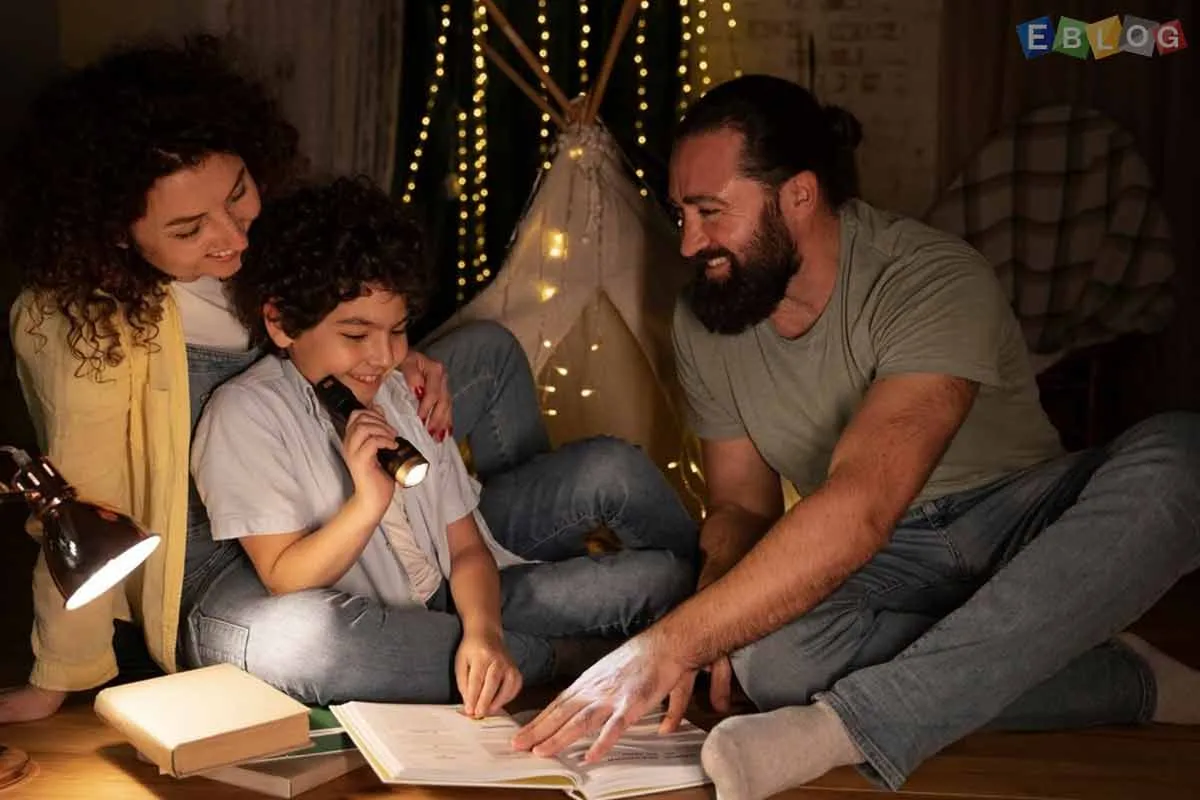
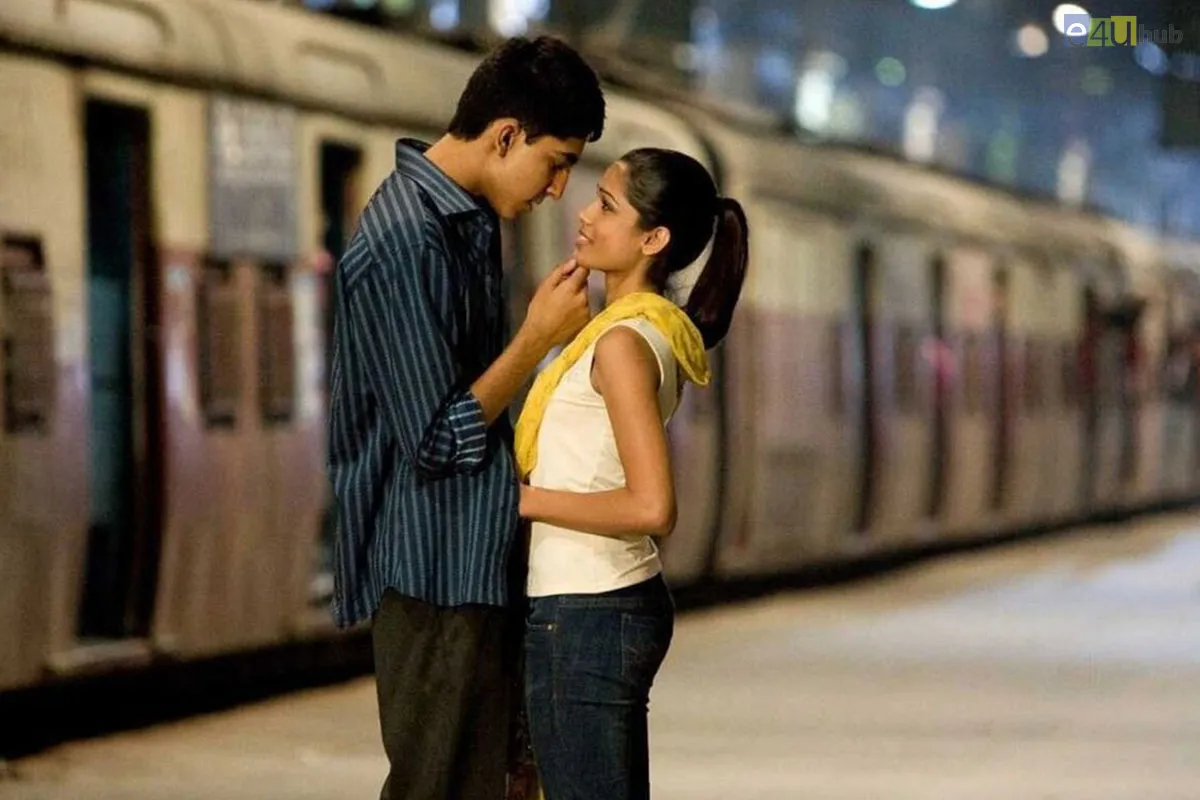
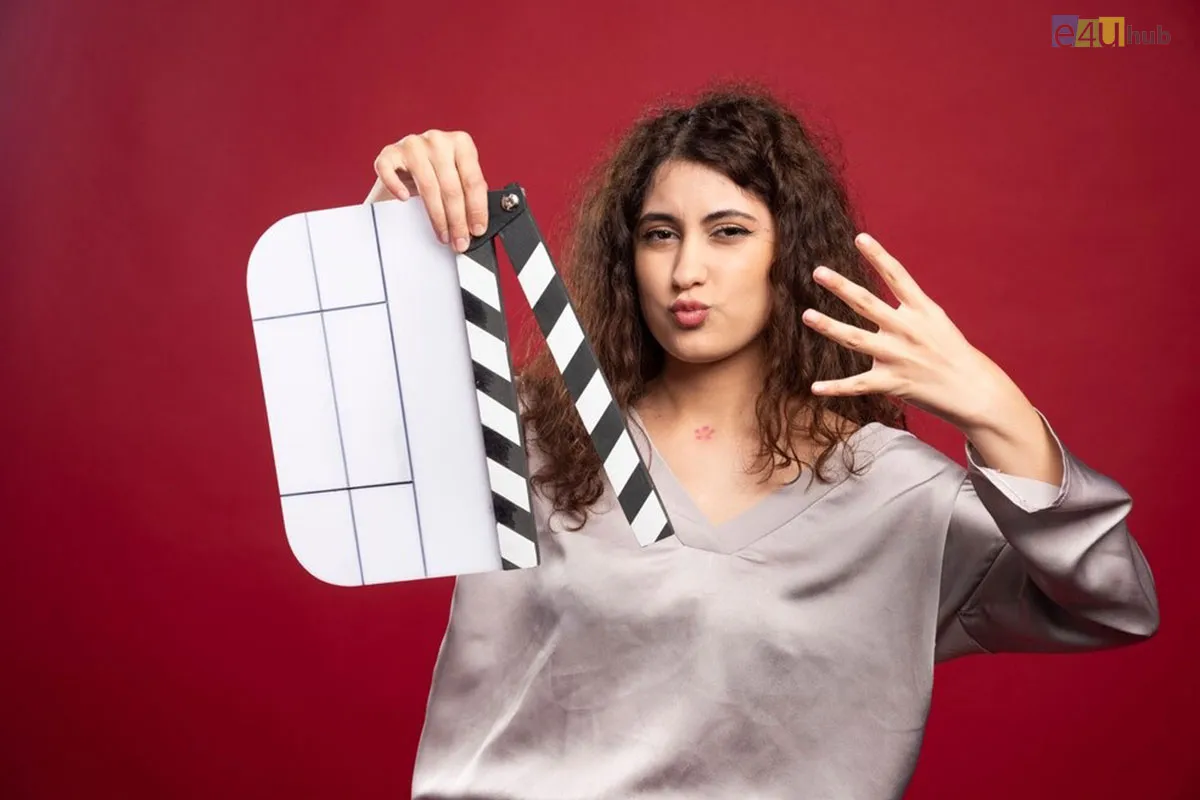
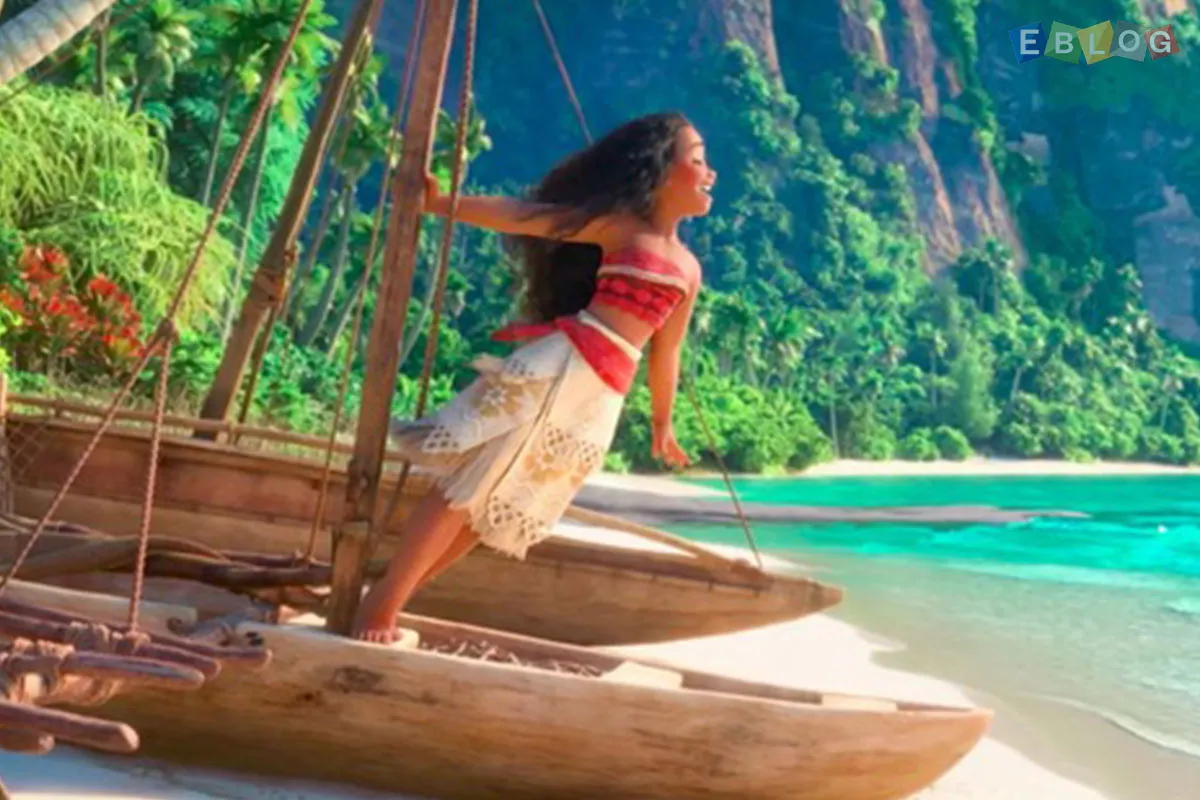
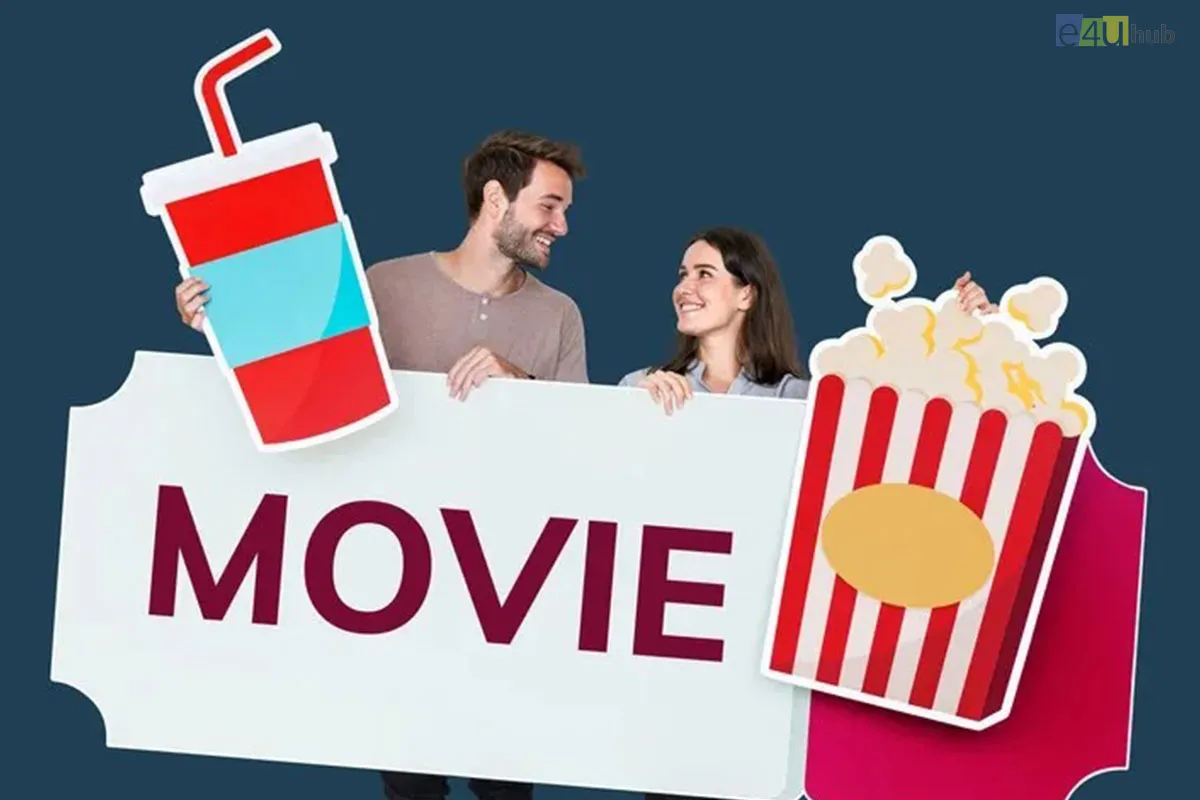

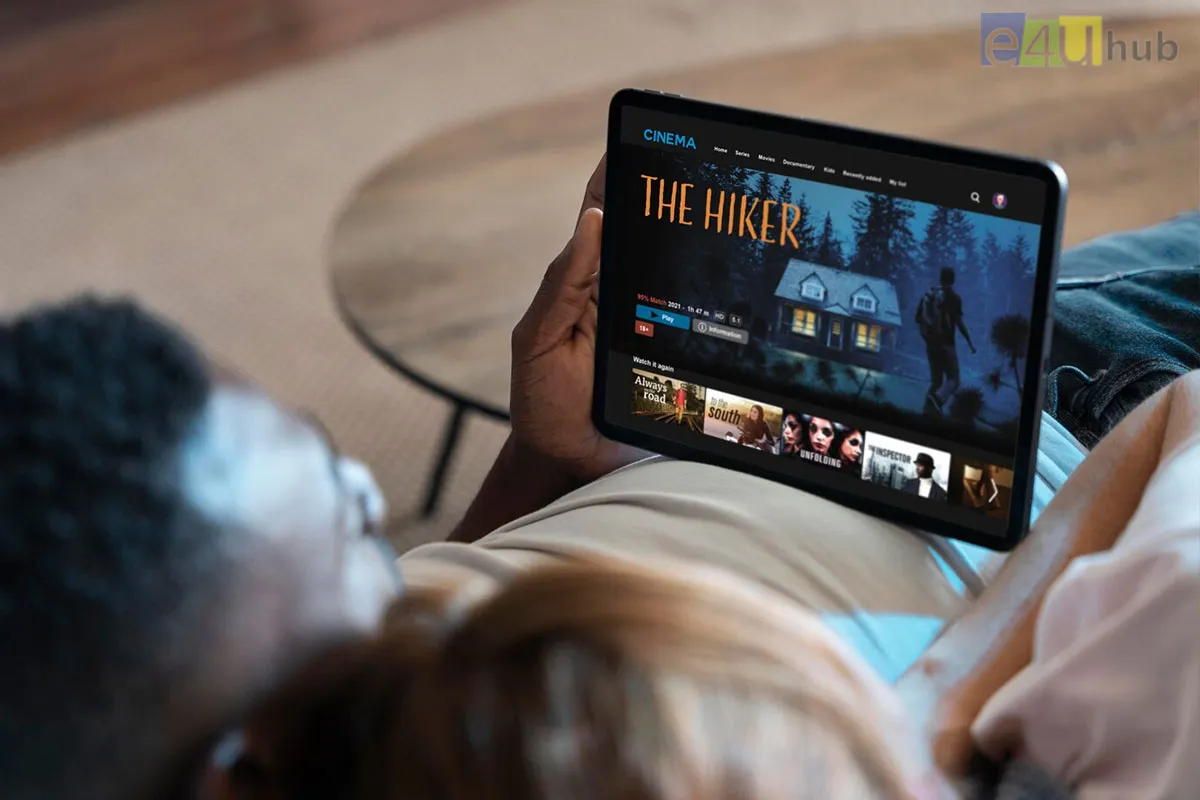
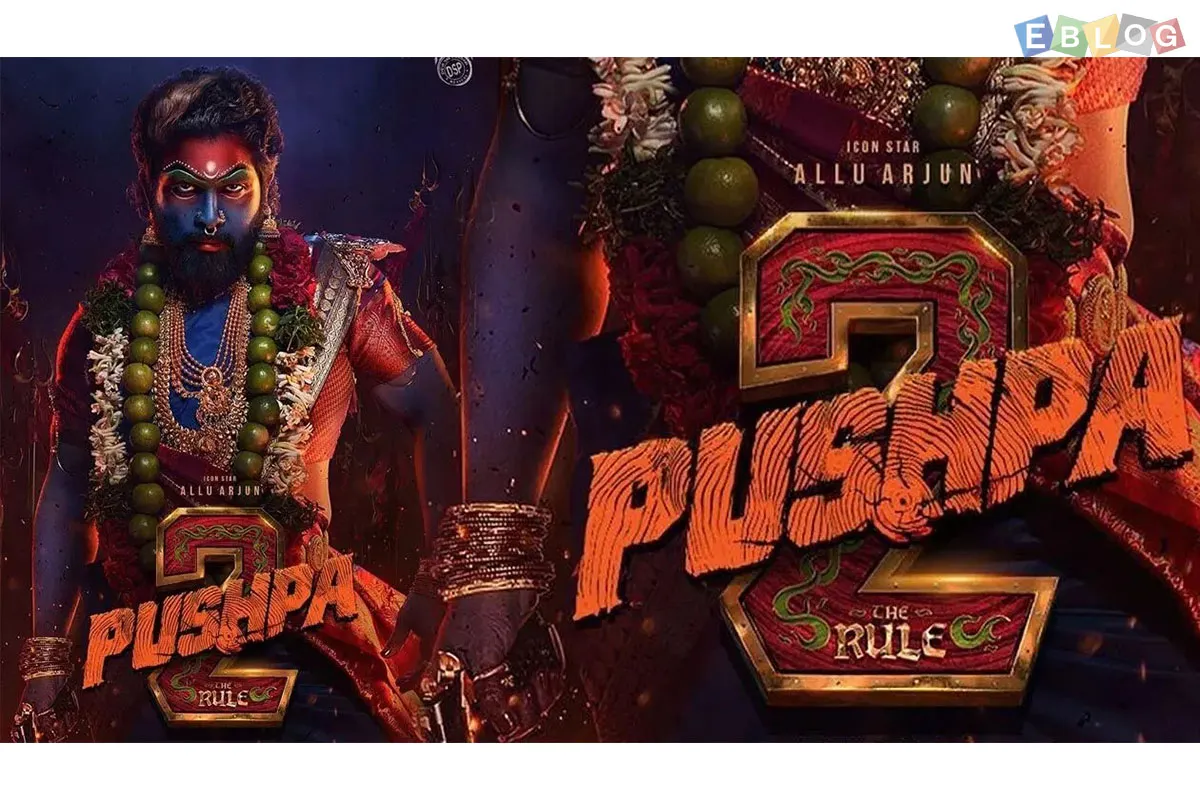
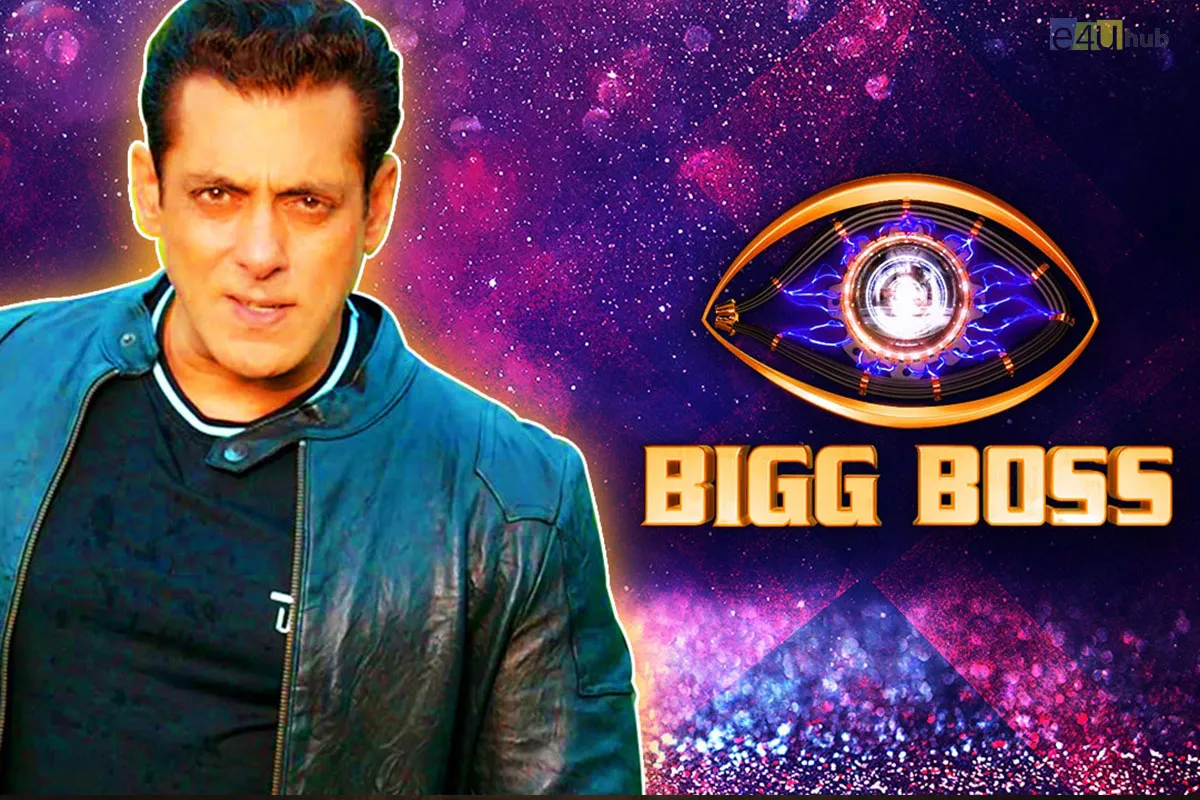
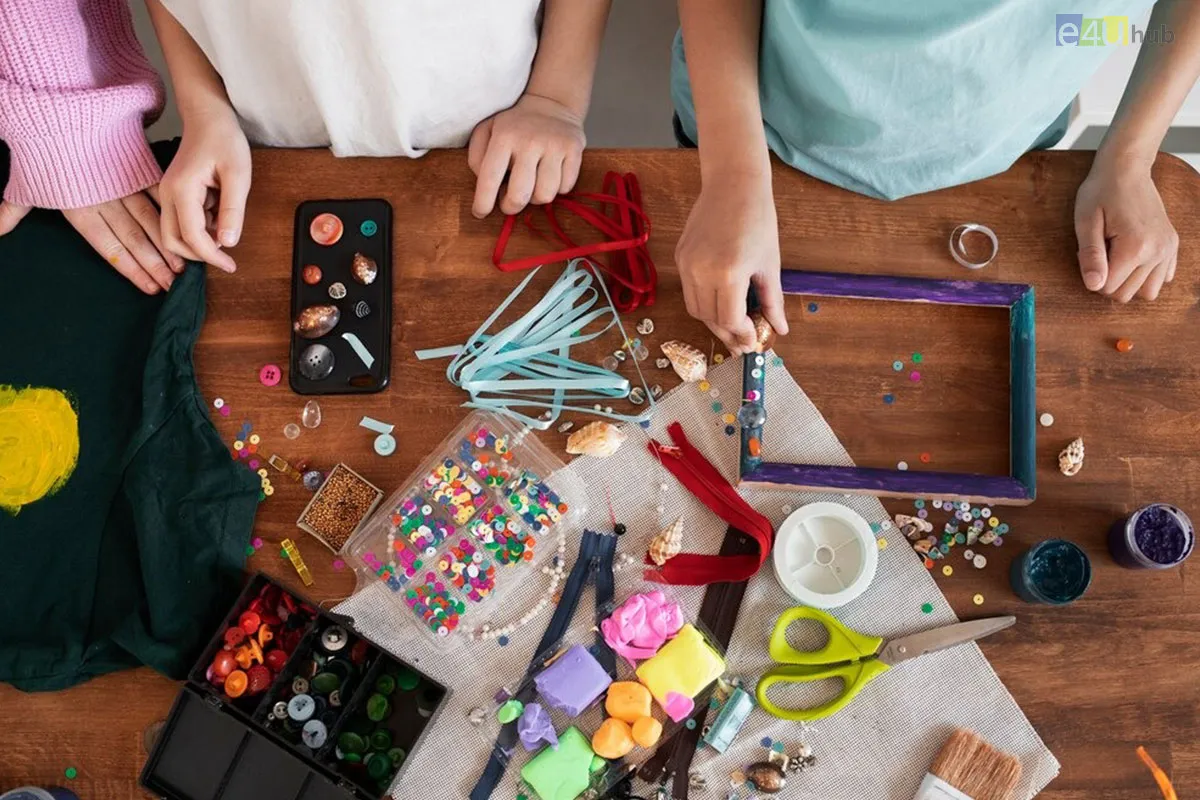

Leave a Reply